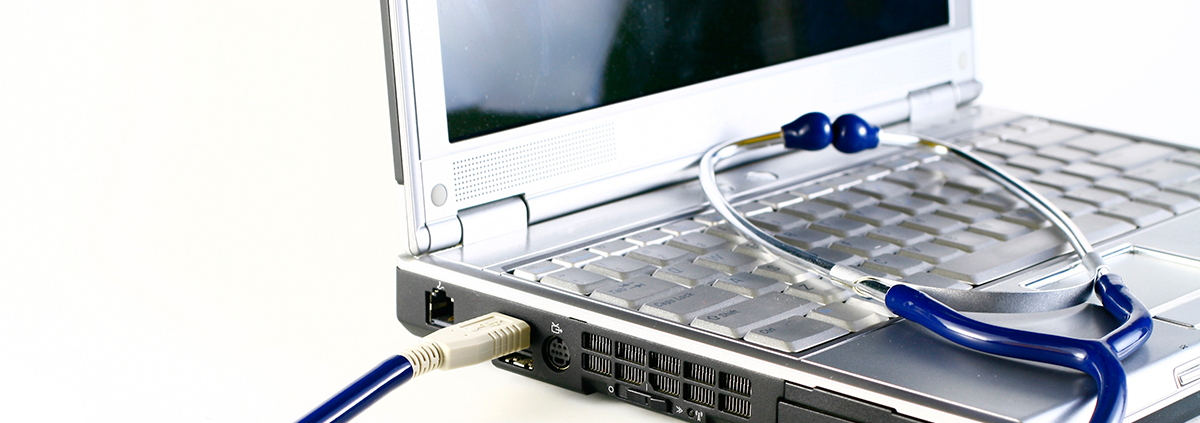Back pain is normal.
Just about every person on the planet will experience back pain at least once in their life.
If you never experience back pain, you're one of the lucky ones.
Most of the time, the pain goes away just as quickly as it came.
Bad posture, poor lifting, or sudden impacts can all cause temporary back pain.
However, some back pain can linger around longer than most.
If this is the case, you probably have an underlying issue.
When this happens, it's in your best interest to see your chiropractor.
He can run some tests and do a physical exam to see what's going on in your back.
If you need assistance that he can provide, he will refer you to the relevant specialist.
One of the things your chiropractor is likely to find is a bulging disc.
Below, we will talk about what a bulging disc is, and what causes them.
Article Table of Contents:
- What's A Bulging Disc?
- Symptoms
- Causes
- Aging
- Traumatic Injury
- Obesity
- Genetics
- Sports and Physical Activities
- Treatment
What's A Bulging Disc?
Your spine is made up of vertebrae that have discs between them that act as shock absorbers.
Your discs help prevent damage to your spinal tissue and bone as well as making movement easier.
Your discs are kind of like a jelly filled donut, with a hard casing and a liquid-like center.
Sometimes, your discs will slip from its normal position, resulting in an outward swelling of the fluid material throughout the weakest point of the shell of your disc.
The disc will usually balloon between spaces in your vertebrae.
This doesn't happen overnight; rather it occurs over an extended period.
The longer the condition progresses, the worse the symptoms you experience will become.
This is what is referred to as a bulging disc, sometimes referred to as a protruding disc.

Symptoms
If you have a bulging disc, you will experience a few symptoms due to the issue.
In the beginning, though, you might not notice any symptoms. It's only when the condition progresses that the symptoms become noticeable.
Sometimes you might not even know you have a bulging disc until it is picked up on an MRI.
The most common symptoms of a bulging disc are:
- Pain in the upper back, arms or fingers
- Pain in the lower back, buttocks or legs
- Numbness or tingling of the extremities
- Muscle weakness
Causes
Now to answer the most important question, what caused your bulging disc?
The best way to prevent a bulging disc from happening is to know what causes them.
Aging
Unfortunately, the first cause of a bulging disc is entirely out of our control.
We're all going to age, and aging happens to be the number one cause of bulging discs.
With age, the shock absorbing discs in your spine lose their water content, making them stiffer, flatter, and prone to damage.
This causes your discs to lose its natural elastic recoil.
And again, there is nothing we can do to prevent this from happening.
The daily stress that your spine endures facilitating movement in your body will eventually take its tool.
That's why even though a bulging disc can happen to anyone, they are more common in the middle-aged and older.
Traumatic Injury
Right behind aging is a traumatic injury.
An impact sustained from a traumatic injury can cause a disc to bulge suddenly.
Any minor trauma can increase the pressure of your disc's central core, stressing and stretching your outer layer, which might not return to its original shape.
A traumatic injury can cause a bulging disc in people of any age.
Traumatic events that are likely to cause a bulging disc are car accidents, a fall on your back, repetitive bending or twisting motions, heavy lifting, or repetitive, jarring motions.
Obesity
Finally, a cause that we can prevent.
Having extra body weight increases the stress placed on our spines.
The spine facilitates our everyday movement and has to support the body's entire weight while doing so.
Being obese or overweight can overburden the spine's discs and potentially lead to degenerative spine conditions such as a bulging disc.
Genetics
Now, back to things we can't control.
Researchers have yet to identify a specific link between genes and the development of bulging discs, but it's clear that certain types of spinal degeneration run in families.
So because of genetics, you are more or less likely to get a bulging disc depending on the family you were born into.
If your family has a history of degenerative spine conditions, you should be proactive about your spine health and take measures to maintain it.
Good posture and eating a balanced diet rich in nutrients will be essential to keep your spine healthy.
Sports And Physical Activities
We do have control over this one, but we are less likely to give these up.
Playing high impact sports can lead to the development of a bulging disc.
The bulging disc can occur due to a traumatic injury sustained while participating in the sport.
Also, years of repetitive impact while playing the sport can lead to early and rapid degeneration of the spine's components, putting you at a higher risk of developing a bulging disc.
The obvious sports to worry about here are football, hockey, and rugby. Even a sport like
Golf and gymnastics can even put you at risk due to the repetitive twisting and bending motions.
Treatment
If you've developed a bulging disc, there are nonsurgical options to treat your condition.
Changing your body positioning and behaviors (the way you sleep, your posture) will help reduce and symptoms or pain caused by your bulging disc.
A healthy weight reduction and exercise plan can be used to help obese patients.
You may also benefit from physical therapy to help strengthen the muscles in your back and regain any lost mobility.
Working with a chiropractor is another excellent option because he will evaluate your entire spine to make sure everything is in order.
In most cases, many of the non-surgical treatments such as spinal decompression are successful in managing bulging discs.
Having Back Pain?
If you think you have a bulging disc, or you're experiencing any kind of back pain, you might need to get it checked out.
If you've been dealing with the same pain for weeks with no end in sight, there might be underlying issues that need to be taken care of. Chiropractors can find where your back pain came from and help treat it at the source.
A chiropractor is an excellent option to get relief from your back pain. Chiropractors can help you with adjustments and other ways to relieve back pain and help you maintain a healthy spine.
No matter what the issue is, your chiropractor will evaluate you and your entire spine to ensure you get the best treatment possible.
The doctors at Florida Spine And Injury have years and years of experience treating back pain.
If you'd like to get started with them, click the link below.
.
-1.png?width=120&height=108&name=Ethos%20Health%20Group%2c%20(1)-1.png)





Leave a Comment